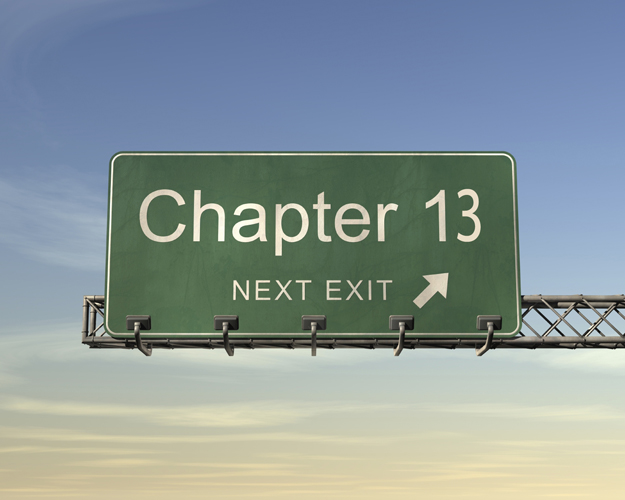Consumer Bankruptcy (Chapter 13)

Consumer Bankruptcy
Persons who have regular sources of income and owe unsecured debts of $336,900.00, or less, and whose secured debts are $1,010,650.00, or less, may file Chapter 13. Debtors facing foreclosure of their home, repossession of their vehicles, seizures of assets and IRS wage garnishments, can stop such actions of creditors by filing for Chapter 13 protection if they meet the qualifications of having a regular source of income and the total amount of their debts are within the amounts of debt limitations.
Debtors file a Plan of Reorganization involving monthly plan payments for a minimum of three years, but not more than five years. During the term of the Plan, the debtor pays any arrearages for secured property that are to be retained and non-dischargeable liabilities such as certain kinds of taxes. Payments to the Court-appointed Chapter 13 Trustee must begin within thirty (30) days of the petition date. The Chapter 13 Trustee distributes ninety percent (90%) of the funds to creditors pursuant to the terms of the Plan.
The Trustee retains the remaining ten percent (10%) to cover his/her costs of operation. Usually, unsecured creditors receive less than full payment of their claims – sometimes very little or nothing. Automobile and truck loans can be modified to pay the lienholder only the value as of the date of the petition, plus reasonable interest over the plan-payment period.
The Chapter 13 debtor is entitled to receive a Discharge Order from the Bankruptcy Court upon completion of all payments of a Plan that has been confirmed by the Court. The Discharge Order releases the debtor from all claims of creditors provided for in the Plan or disallowed by the Court. A creditor who received timely notice of the filing of the Chapter 13 petition, but failed to file a formal written clam may not thereafter bring or continue a legal action to collect the discharged debt. Certain long-term obligations of a debtor are not, however, discharged by the filing or successful completion of a confirmed Chapter 13 Plan. Examples of such obligations of the debtor that survive completion of the Plan are home mortgage payments and vehicle payments when a debtor elects to retain such assets, alimony, child support, most student loans, debts arising from death or personal injury due to driving while intoxicated or under the influence of drugs; and debts for restitution or for a criminal fine.
If a Chapter 13 Trustee or a creditor files with the Court an objection to Confirmation of a Plan, the Court schedules a hearing to determine if the proposed Plan complies with the law. The Plan must provide that all the debtor's projected net income will be paid to the Chapter 13 Trustee for the life of the plan. Net income is determined by applying the debtor's take-home pay against his monthly reasonable and necessary expenses.
















